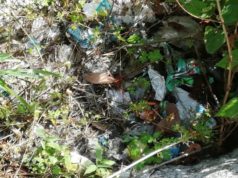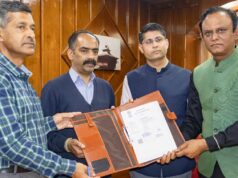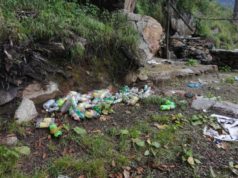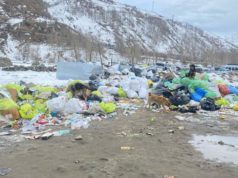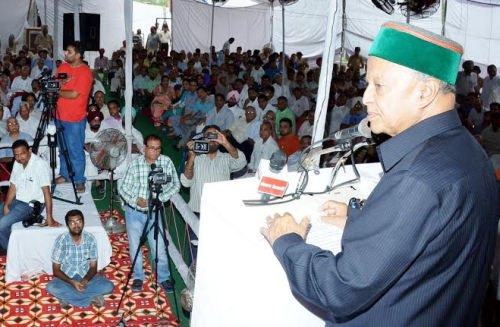Shimla – In a significant move to control plastic pollution, the Himachal Pradesh Pollution Control Board has tightened regulations on plastic waste management. Manufacturing companies selling products in plastic packaging — including chips, toffees, chocolates, and other consumer items — will now be required to collect and scientifically destroy the same amount of plastic waste they release into the market.
Under the Extended Producer Responsibility (EPR) framework, companies must either buy back or arrange for the scientific disposal of plastic waste equivalent to the tonnage of plastic they use in packaging. In return, they will receive EPR credits, which can eventually translate into carbon credits. This plastic will primarily be handed over to cement companies for co-processing, ensuring environmentally safe disposal.
The Pollution Control Board recently summoned representatives from various manufacturing firms to Shimla. Anil Joshi, Member Secretary of the Board, chaired a crucial meeting where officials laid down the implementation strategy and issued clear directives to the companies.
“In the meeting, we evaluated the scale of each company’s business in Himachal Pradesh and sought detailed reports on how they have been managing their plastic waste so far,” said an official source. Companies have been asked to furnish data on product volumes sold in the state and the corresponding waste management mechanisms.
Until now, urban local bodies and panchayats that collected plastic waste received no compensation. But going forward, these institutions will be financially incentivized. Companies will be required to sign agreements with panchayats or municipal bodies for plastic waste collection and pay them accordingly. Since these bodies are currently the only effective waste collectors in the state, the move is expected to strengthen local-level waste management and provide a financial boost to these institutions.
Officials clarified that banning items like plastic-wrapped snacks is not currently feasible, but ensuring that companies take full responsibility for the plastic they introduce is a critical step. The Pollution Control Board has warned that failure to comply with the new rules could invite strict action against defaulters.
The new policy aims to create a circular economy around plastic use, where responsibility does not end at the point of sale but continues until safe disposal. This move by Himachal Pradesh aligns with national efforts to make producers more accountable and could set an example for other states grappling with plastic pollution.


